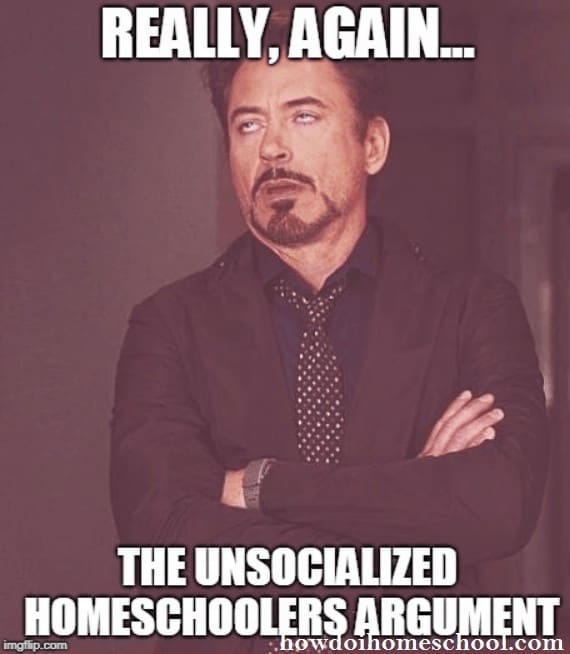Smashing Stigmas of Homeschool: Embracing the “Weird”
Oh no! I forgot to socialize the kids! This satirical line, pitched to homeschooling parents, plays on the stigma often associated with homeschoolers being socially awkward, different, and weird. If different is weird, then the stigma surrounding homeschooling is spot on! They are so weird, and that’s a good thing!
The definition of “weird” is “of strange or extraordinary character” (Merriam-Webster). Translated, homeschoolers are eccentric and amazing! They are a unique bunch, described as super individual, capable of relating to multiple age groups, enjoying family time, and viewing the world as their classroom.
On the flip side, public school kids are considered the opposite—normal. Society tends to view normal as advantageous, defined as “conforming to a type, standard, or regular pattern; characterized by that which is considered usual, typical, or routine” (Merriam-Webster). They are ordinary and average, often competitive due to uniform standards, struggling to relate to other age groups, and confined by four distinct walls covered in inspirational posters.
So, if different is weird, then yes, homeschoolers are the unusual. The stigma applauds their non-conformity, as it means they don’t fit into a mold and can think for themselves. Despite the common misconception of homeschoolers as unsocialized and introverted, the truth is quite the opposite.
As a former public school teacher, withdrawing from the public school system was initially conflicting for me. Having been groomed to think public or private school were the only real options, I considered homeschoolers an awkward group of anti-social weirdos. However, my perspective changed, and I left the public school realm. My faith played a significant role in this decision, aligning with the idea of not conforming to the world (Romans 12:2).
Homeschoolers are remarkably weird in the best possible way. They benefit from individualized instruction, knowing themselves apart from others, making decisions confidently, and developing interests at their own pace. Limited exposure to bullying fosters confidence, and the constant interaction with people of all ages makes them great conversationalists and empathetic individuals.
They are free thinkers and self-driven learners, impervious to others’ opinions. Unbound by school schedules, they engage in social activities outside of school and often outshine their public school counterparts academically.
Stigma is a barrier rooted in prejudice, but if it’s weird to be different, then embracing that weirdness becomes a source of pride.




